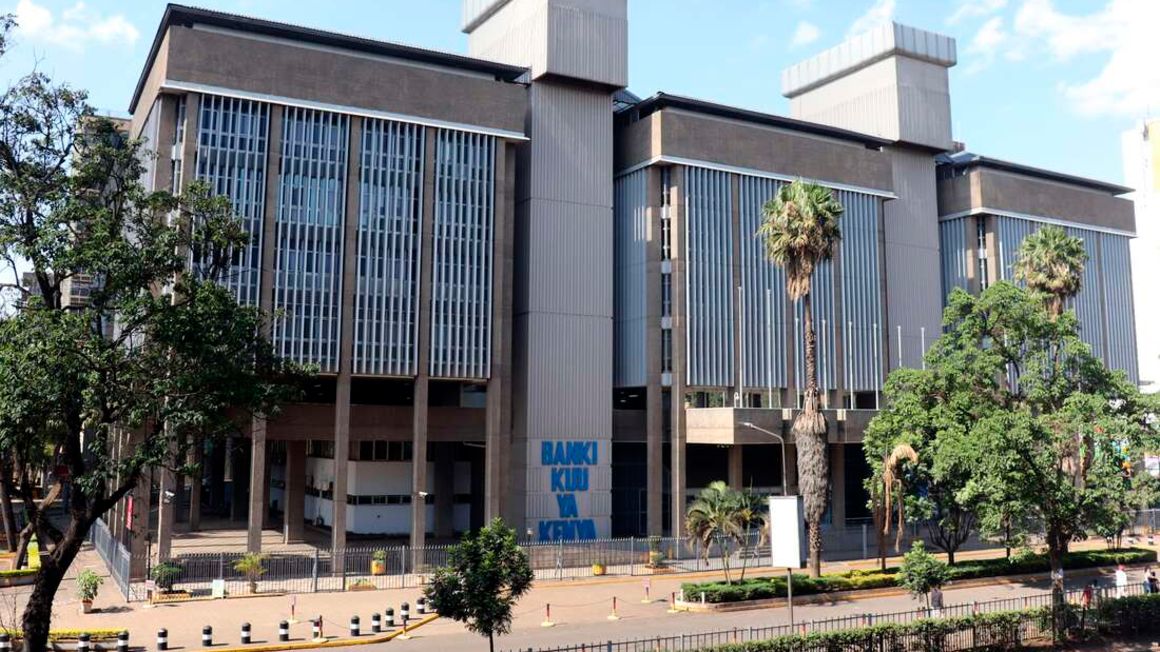Flutterwave, a Nigerian FinTech company, continues to push its financial innovation all across the continent. The company just launched its payments solution, Barter, in the East African country of Kenya.
Barter is a platform for creating virtual ATM cards and users can use it to generate virtual cards to hold currencies such as the Dollar, Euro or Pound. Virtual cards can also be created for different vendors, be it Mastercard, Visa or Verve.
Mambo, Kenya! See you soon in Nairobi. Stick around and be the first to know when we touchdown. 🎊😎💳 pic.twitter.com/ke6w4r937v
— Barter by Flutterwave (@getBarterApp) June 21, 2018
Although still in beta, these cards make international transactions easy. So think of it as a more flexible domiciliary account.
For payments, the platform uses the Flutterwave API to process international payments in Africa. Barter leverages Flutterwave’s virtual card API and platform to allow users to create an unlimited number of virtual dollar cards.
Requiring only a working email and phone number, funds for Barter cards come from your local bank account. Barter virtual cards can facilitate one-time transactions or continuous transactions.
Barter is a virtual prepay card, loadable via Mpesa. Available on iOS and android. @theflutterwave @WanjikuClara pic.twitter.com/W6oUt7a9OJ
— Mettā Nairobi (@WeAreMettaNBO) June 27, 2018
Barter’s entry into Kenya is part of Flutterwave’s plan to expand across African countries to provide its innovative product offerings.
Launched over a year ago in Beta, the Barter app has been gruelingly tested and improved and we’re happy to introduce Kenyans to the world of possibilities Barter enables.
Glad to be hosting the East Africa launch of @theflutterwave flagship retail product – Barter – a virtual card that allows Africans to participate in global commerce on 27th June from 6pm to 8.30pm.
RSVP here: https://t.co/1tDzYbiSkM pic.twitter.com/o0ZsOEVZPR
— Mettā Nairobi (@WeAreMettaNBO) June 23, 2018
This is a good news for Africa and would go a long way to aid commerce on the continent. For one thing, it frees Africans from the transaction restrictions placed on them by foreign companies such as PayPal.






